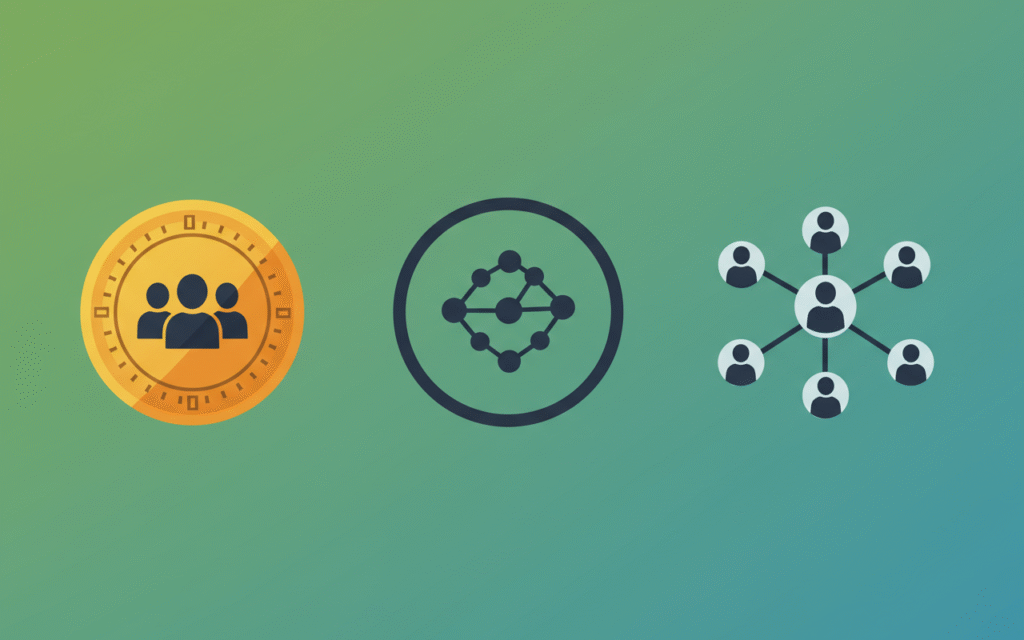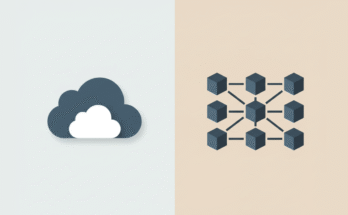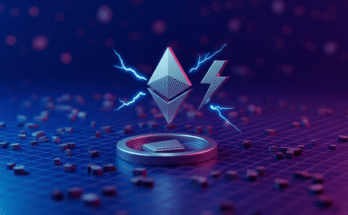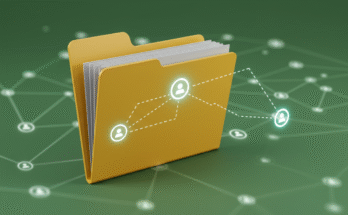Decentralized Autonomous Organizations (DAOs) have emerged as one of the most exciting innovations in the world of blockchain and cryptocurrency. These organizations are designed to operate without centralized control, relying instead on smart contracts and collective decision-making to manage their operations. At the heart of many DAOs lies a critical component, governance tokens. But what exactly are governance tokens, and why are they so important to the functioning of DAOs?

What Are Governance Tokens?
Governance tokens are a type of cryptocurrency that grants holders the power to participate in the decision-making processes of a DAO. Think of them as digital keys that unlock your ability to vote on proposals, suggest changes, or influence the direction of the organization. Unlike traditional shares in a company, governance tokens don’t necessarily represent ownership of the DAO’s assets. Instead, they give holders a voice in shaping the rules, strategies, and priorities of the organization.
For example, if a DAO is focused on funding environmental projects, governance token holders might vote on which initiatives to support or how to allocate resources. The more tokens you hold, the more weight your vote typically carries (though some DAOs are experimenting with more equitable voting systems).
How Do Governance Tokens Work?
Governance tokens are usually distributed among community members, early contributors, developers, or investors. They’re often earned through participation in the DAO’s activities, staking, or by purchasing them on cryptocurrency exchanges.
When a decision needs to be made within the DAO, token holders can submit proposals or vote on existing ones. These proposals can cover a wide range of topics, such as:
- Budget allocation
- Protocol upgrades
- Partnerships and collaborations
- Changes to governance rules
Voting usually takes place on a blockchain, ensuring transparency and immutability. This means that once a vote is cast, it cannot be tampered with or altered. The outcome of the vote is often automatically executed by smart contracts self-executing pieces of code that ensure decisions are implemented without the need for intermediaries.
Why Are Governance Tokens Important?
→ Governance tokens play a crucial role in maintaining the decentralized nature of DAOs. Here are some of the key reasons why they’re so valuable:
1. Empowering Communities
Governance tokens give community members a direct say in how the DAO operates. This helps ensure that decisions reflect the collective will of the group rather than being dictated by a small group of leaders or stakeholders. It’s a way to democratize decision-making and foster collaboration.
2. Aligning Incentives
Because governance tokens often have monetary value, they incentivize holders to act in the best interest of the DAO. If the organization succeeds and grows, the value of its governance tokens may increase as well. This creates a shared sense of responsibility among token holders to make thoughtful decisions.
3. Driving Innovation
With governance tokens, anyone can propose new ideas or improvements for the DAO. This open structure encourages creativity and innovation, as diverse perspectives contribute to the organization’s growth and evolution.
4. Ensuring Transparency
The use of blockchain technology ensures that all votes and decisions are transparent and publicly verifiable. This builds trust among participants and reduces the risk of corruption or manipulation.
Challenges of Governance Tokens
→ While governance tokens offer many benefits, they’re not without their challenges. Here are a few issues that DAOs and their communities often grapple with:
1. Concentration of Power
In some cases, governance tokens can become concentrated in the hands of a small group of individuals or entities. This undermines the principle of decentralization and can lead to decisions that favor a select few rather than the broader community.
2. Low Voter Participation
Just like in traditional elections, voter turnout in DAOs can sometimes be disappointingly low. Many token holders may not actively participate in governance decisions, leaving important choices to a small subset of the community.
3. Complexity
Understanding how to use governance tokens and navigate DAO processes can be intimidating for newcomers. This complexity can create barriers to participation and limit inclusivity.
4. Potential for Exploitation
Bad actors could potentially exploit governance systems for personal gain. For example, by acquiring large amounts of tokens to push through self-serving proposals.
The Future of Governance Tokens in DAOs
As DAOs continue to evolve, so too will the role of governance tokens. Developers and communities are already exploring ways to address some of the challenges mentioned above. For instance:
- Quadratic Voting: This voting system gives more weight to smaller token holders, helping prevent whales (large token holders) from dominating decisions.
- Reputation-Based Systems: Instead of relying solely on token ownership, some DAOs are experimenting with reputation scores that reward active and meaningful contributions.
- Improved User Interfaces: Simplifying the governance process can make it easier for newcomers to participate and engage with DAOs.
Governance tokens are also likely to expand beyond DAOs into other areas of society. Imagine cities using governance tokens to let residents vote on local policies or nonprofits using them to decide how to allocate donations. The possibilities are endless.
Conclusion
Governance tokens are an essential part of what makes DAOs tick. They empower communities, promote transparency, and enable decentralized decision-making in ways that were previously unimaginable. While there are still challenges to overcome, it’s clear that governance tokens have a bright future ahead.
If you’re curious about DAOs or considering getting involved in one, understanding governance tokens is a great place to start. They’re not just digital assets, they’re tools for collaboration and innovation in an increasingly decentralized world.



